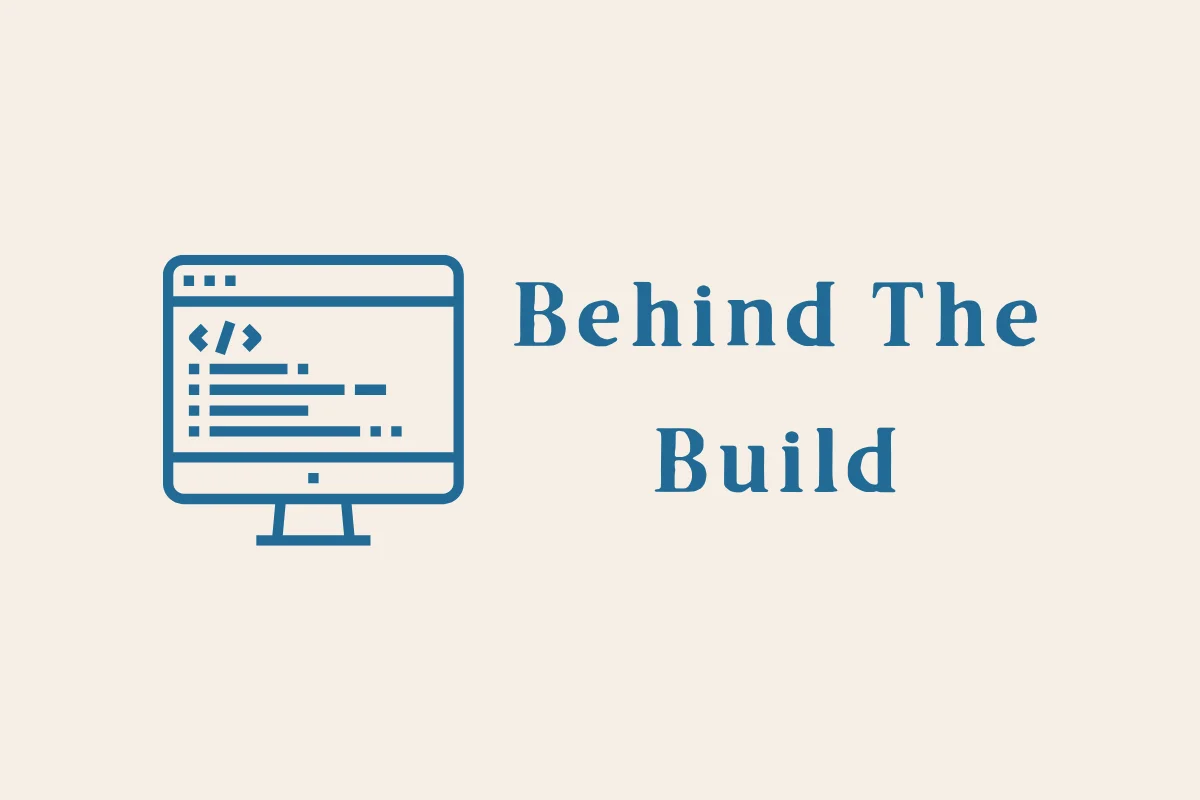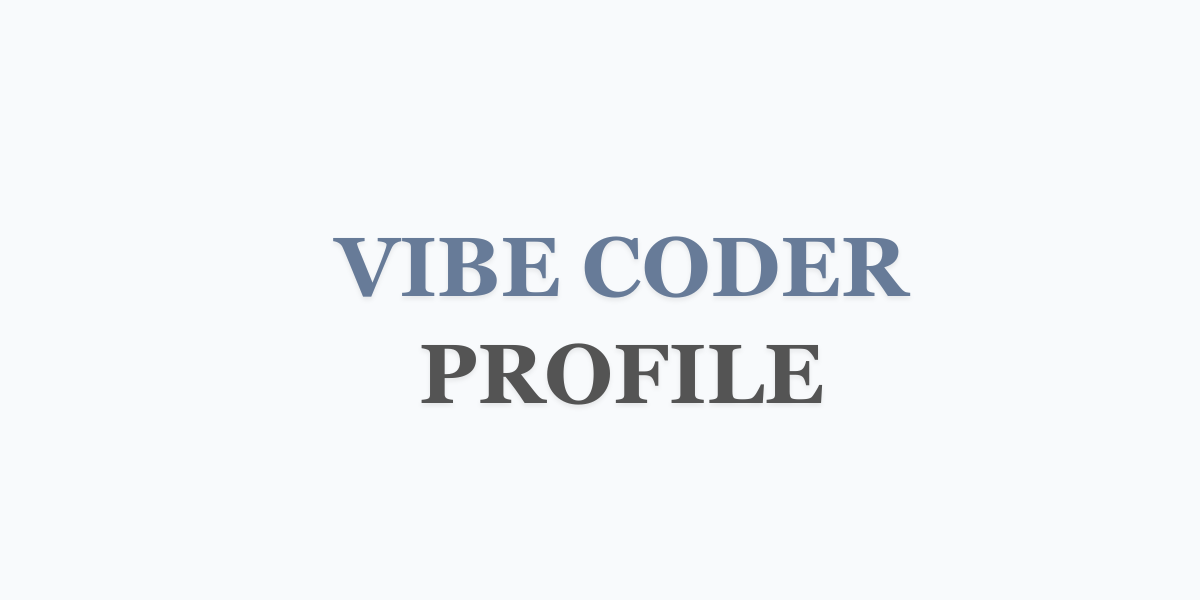For years, my work has centred on helping creators and small businesses build a home for their ideas online. I have built websites, eCommerce systems and tools that live on the web and rely on platforms and cloud services.
But recently I have been paying attention to something that affects all of us who use software — whether as developers, creators, or everyday users. Nearly every tool has quietly moved toward subscriptions and platform dependency. Even simple systems ask for monthly payments. Even personal tools require accounts. And even data we consider private sits on someone else’s server by default.
I started to feel a disconnect between the tools I use and the principles I value.
It wasn’t about avoiding the cloud.
It wasn’t about rejecting modern development.
It was about ownership.
The Shift That Changed My Thinking
Many of us remember a time when software lived on our own machines. It worked offline. It didn’t disappear if a company closed its doors. It didn’t require an account to use. It belonged to the person who installed it.
Over time, this changed. Convenience and connectivity came with a trade-off as we gained access, but lost autonomy.
As a developer, I began asking myself questions:
- What happens to users when their favourite tool becomes subscription-only?
- Why are we comfortable handing our personal notes, habits, finances, and ideas to cloud platforms we don’t control?
- Why is “offline” considered a nice extra instead of a core feature?
- And why aren’t more tools designed so people can simply run them themselves?
These questions led me to the world of local-first and self-hosted development, which is an approach that centres ownership, privacy, and long-term stability.
Local-First Isn’t Anti-Cloud. It’s Pro-User.
Local-first software is not a rejection of modern development. It’s not the opposite of SaaS or a step backwards. It’s simply a shift in priorities.
Local-first means:
- your data lives with you first
- the tool works offline
- sync is optional
- the software doesn’t disappear if a server shuts down
- ownership sits with the person using the tool
In other words it is convenience without surrendering control.
This philosophy fits naturally with much of the work I already do. My Mini eCommerce Builder is a self-hosted system designed so creators can run their own shop without ongoing fees. MTDify Lite is built around privacy and simplicity. Many of my personal-growth and planning tools already work offline or independently.
Local-first simply gives these ideas language and direction.
Adding Local-First to My Developer Identity
I am not leaving Django, web development or restricting myself to one niche.
Instead, I’m blending three pillars that feel aligned and sustainable:
- Django development
- Self-hosted systems
- Local-first philosophy
These three threads work together because Django gives me the structure, self-hosted tools give users ownership and local-first principles guide how I build.
This blend allows me to create tools that are practical, stable, and genuinely helpful without adding unnecessary dependency or complexity.
What This Means for My Work
Over the next year I will be:
- expanding my existing tools into self-hosted or local-first editions
- writing guides for developers curious about the approach
- sharing my journey into local-first thinking
- building new small systems that people can run without subscriptions
- continuing to support creators with Django-based tools
Why This Direction Makes Sense
This shift isn’t about choosing a trend, as business owners we workhard and software should support that work - not complicate it or weigh people down with ongoing costs.
By exploring local-first and self-hosted systems, I’m moving toward a future where more people can use software on their own terms. This is the beginning of a longer path, one I’ll document openly. I’ll share what I learn, what I build, and where this philosophy leads me.
The web will continue evolving. But so can the tools we choose to build.
Thanks for sharing:



